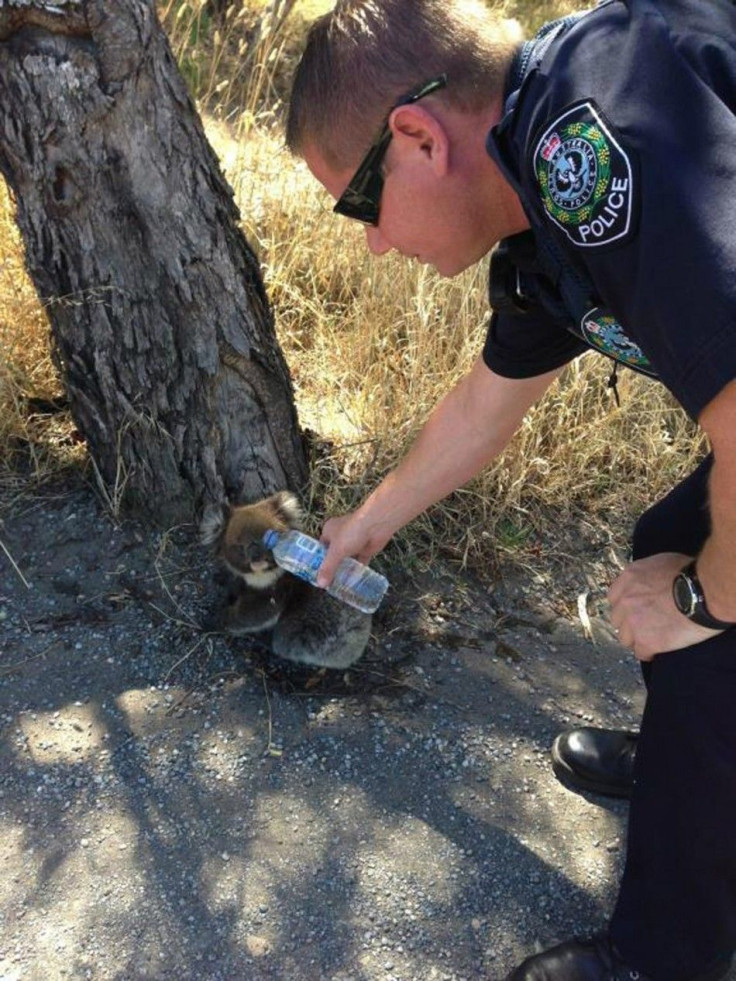Australia's Melbourne, Adelaide and Canberra Sizzling in 2030 Extreme Heat Levels

Extreme heat levels expected in 2030 are already being experienced in Australia's capital cities of Adelaide, Canberra and Melbourne. According to the report "Heatwaves, Hotter, Longer, More Often," the number of days with above 35 degrees Celsius temperatures have already reached levels previously predicted for 2030. Australians living in these cities get to experience what the normal temperatures will be like in 2030.
The report said that extreme heat in a one-20 year period are projected to occur every two to five years by the middle of the century.
The revelations came after the Climate Council released a report calling for more significant steps to reduce greenhouse gas emissions to limit the frequency of extreme heat waves.
According to Climate Council's Tim Flannery, the latest report supports the idea of heat waves getting longer, hotter and more frequent especially in the dry season. Heat waves were reportedly Australia's most dangerous natural hazards with more deaths in the last 100 years compared to other natural calamities.
Extreme weather conditions may affect the quality of Australia's drinking water. This was revealed in a study that the country's drinking water is vulnerable to climate change based on availability and quality.
Researchers studied 41 Australian and U.S. water suppliers, including Melbourne Water and Sydney Water, and reported that the biggest risk comes from extreme weather events like a combination of drought, bushfires then floods.
Stuart Khan, lead author and associate professor of the School of Civil and Environmental Engineering at the University of NSW, said more droughts, floods, heatwaves and bushfires will intensify the effects of climate change to water quality.
Hottest city in the world
In January, Adelaide became the hottest city in the world with a temperature of 46 degrees Celsius caused byAustralia's record-breaking heat wave. According to a report by the Climate Council, heat waves in the country will be hotter, longer and more frequent.
The privately-run Climate Council is composed of a group of climate scientists and economists from the now-defunct Climate Commission which was abolished by Prime Minister Tony Abbott. The council's interim report does not only reveal more frequent heat waves but extreme cold weather events. However, heat waves will outnumber record cold events three to one.
The report also states that greenhouse gases building up in the atmosphere from fossil fuels will increase the likelihood of extremely hot temperatures and longer heatwaves.
The Climate Council has warned Australia in December 2013 to prepare for more frequent and intense bushfires. The council, which was formerly funded by the Australian government before Prime Minister Tony Abbott scrapped the body, will release its report concerning the risks of bushfires.





















